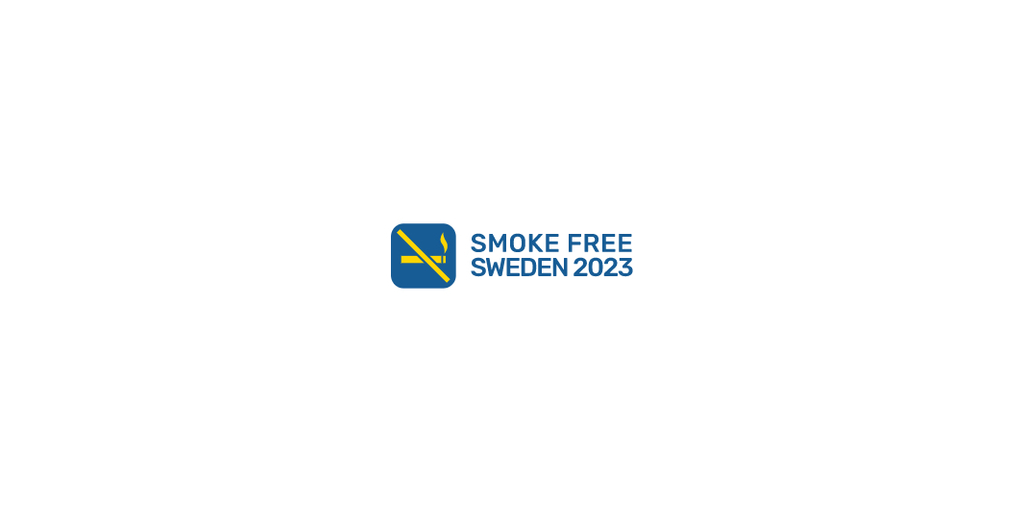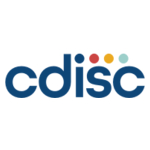LONDON--(BUSINESS WIRE)--A new research study titled, Integrating harm reduction into tobacco control, reveals a significant opportunity: adopting Sweden's tobacco harm reduction (THR) strategies could save almost one million lives in Bangladesh.
This landmark study, launching at an event held by tobaccoharmreduction.net in London today, provides compelling evidence for the integration of harm reduction measures as a cornerstone of comprehensive tobacco control.
Dr. Derek Yach, principal author of the report, said: "Traditional measures for tobacco control have hit a plateau, despite smoking remaining the primary preventable cause of premature death globally. Governments already possess the tools for transformation; they only need to recognize that tobacco harm reduction products—already used by 150 million people worldwide—are instrumental in resolving this crisis."
Currently, smoking claims more than 8.5 million lives annually, a toll that the World Health Organization (WHO) predicts will surge to 10 million in five years. Yet, Integrating harm reduction highlights the promise of a different path, showing that considerable loss of life can be prevented in Bangladesh by embracing THR.
Dr. Delon Human, a key contributor to the report, states: "Tobacco control alone is insufficient in combating the deeply entrenched cigarette epidemic. It must be augmented by a comprehensive set of harm reduction measures. This includes the accessibility, acceptability, and affordability of less harmful alternatives like vaping and nicotine pouches, as well as proactive measures for early cancer diagnosis and treatment."
Sweden provides the most compelling example of what THR can achieve. The country is on track to become officially "smoke-free," with smoking rates falling to nearly 5%. This is not only a badge of honour but also translates into the lowest cancer rates in Europe and reduced mortality from smoking. A significant part of this success story is Sweden's thoughtful approach to THR, as highlighted by its recent decision to cut taxes on snus, a less harmful tobacco alternative.
Dr. Human adds, "Our message and recommendation is to not abandon tobacco control but enrich it with validated harm reduction strategies. Policymakers in Bangladesh have both the moral obligation and the practical means to act. Adopting harm reduction strategies can radically rewrite the narrative, pivoting us from grim statistics to real stories of lives saved."
ENDS
*******
Notes to editors
Smoke Free Sweden is led by Health Diplomats, a global network of public health experts committed to developing and delivering solutions to global health-related problems.
Sweden is about to become the first ‘smoke-free’ European country in 2023, with a smoking rate of below 5 percent. This is a huge achievement, and will be 17 years ahead of the 2040 EU target. This can be attributed to Sweden’s open attitude towards alternative products.
For more information on Sweden’s successful approach to becoming a smoke-free nation, please visit www.smokefreesweden.org.
Contacts
Press contact
Jessica Perkins
[email protected]












